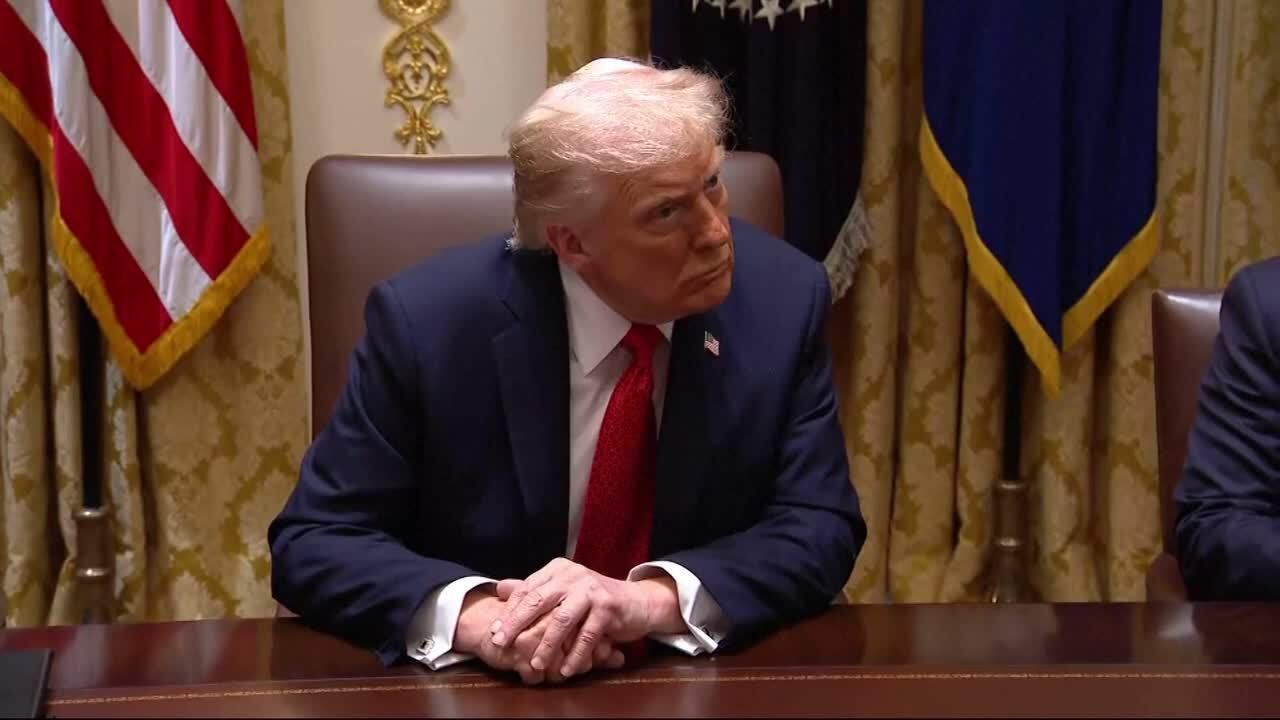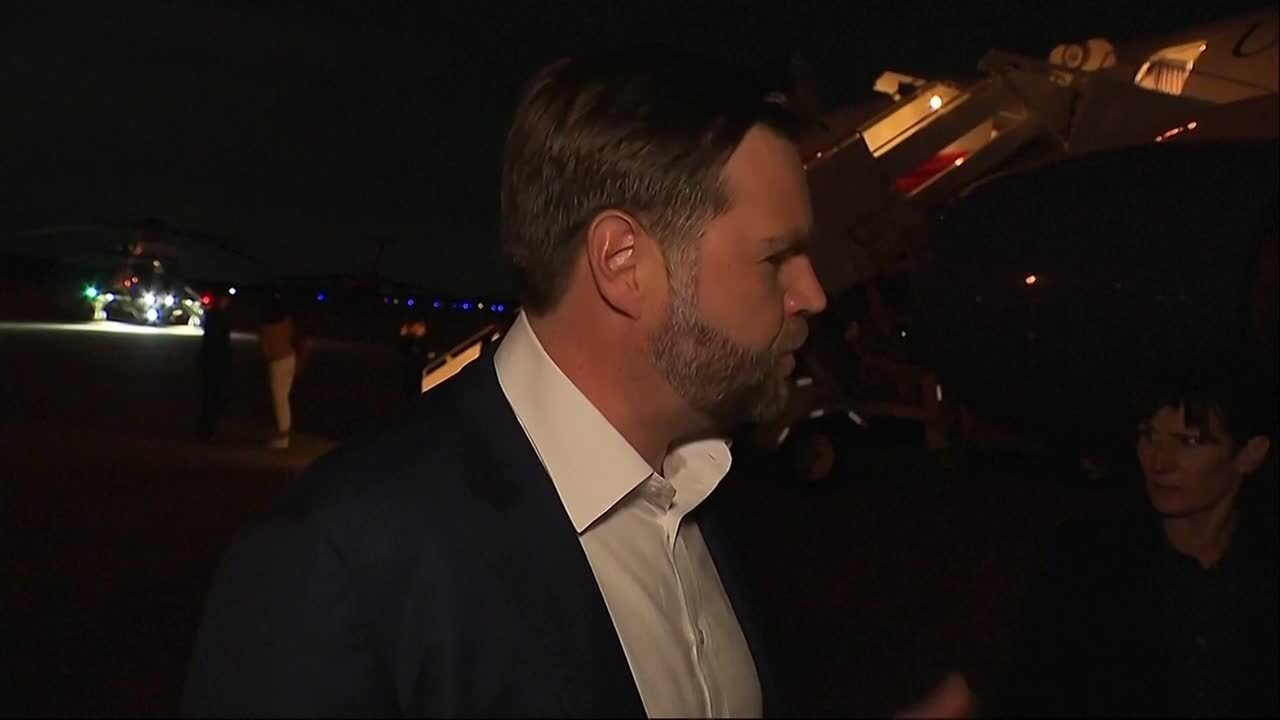After weeks of haggling, the U.S. and Turkey reached agreement Tuesday on having Turkish warplanes join the coalition's air campaign against ISIS in Syria, but the two sides appeared to be still at odds on border safe zones and support for Kurdish militias.
In Ankara, Turkish Foreign Minister Mehmet Cavusoglu told Reuters that "The technical talks have been concluded and soon we will start this operation, comprehensive operations, against Daesh," another acronym for the Islamic State of Iraq and Syria.
In Washington, new Pentagon Press Secretary Peter Cook made similar remarks on the general thrust of the agreement but said details were still under discussion.
"It could take a few days to put these technical arrangements into place at the operational level," Cook said. "We believe that Turkey is committed to fully participating as soon as possible."
"Our cooperation with the Turks and the expansion of that cooperation remains a work in progress at this point," Cook said at his first Pentagon press briefing since succeeding Rear Adm. John Kirby, who retired from the Navy and is now chief spokesman at the State Department.
The agreement called for Turkey's "full participation in the ATO," or Air Tasking Order for the coalition, Cook said, but both sides need to "further refine what that cooperation looks like going forward."
Turkey said the agreement called for the creation of a safe zone along the Turkish-Syrian border to allow for the return of refugees and the cutting of supply routes to ISIS, but Cook said "We haven't mentioned or discussed a safe zone from our approach."
The two sides also appeared to be at odds on support for the YPG (People's Protection Units), the Kurdish militia group that has been among the most effective in the ground fight against ISIS in Syria.
The U.S. has carried out numerous airstrikes in support of the YPG in the defense of the border towns of Kobani, Tal Abyad and Hasakah.
However, the YPG is the military wing of the PYD (Democratic Union Party), which the Turks have charged is allied with the PKK (Kurdish Workers Party). The U.S. has branded the PKK a terrorist group.
At the Pentagon, Cook declined twice to refer to the YPG by name while saying that the U.S. supports several moderate rebel groups in Syria.
In his Reuters interview, Kasovoglu said that "Yes, the PYD has been fighting Daesh but the PYD is not fighting for the territorial integrity or political unity of Syria. This is unacceptable."
"We prefer that the moderate opposition forces actually control the safe zone, or Daesh-free areas, in the northern part of Syria, not the PYD, unless they change their policies radically in that sense," Casovoglu said.
The airstrike agreement was tied to Turkey's announcement last month that the U.S. for the first time would be allowed to use the Incirlik airbase about 70 miles from the Syrian border for missions against ISIS.
-- Richard Sisk can be reached at richard.sisk@military.com





























